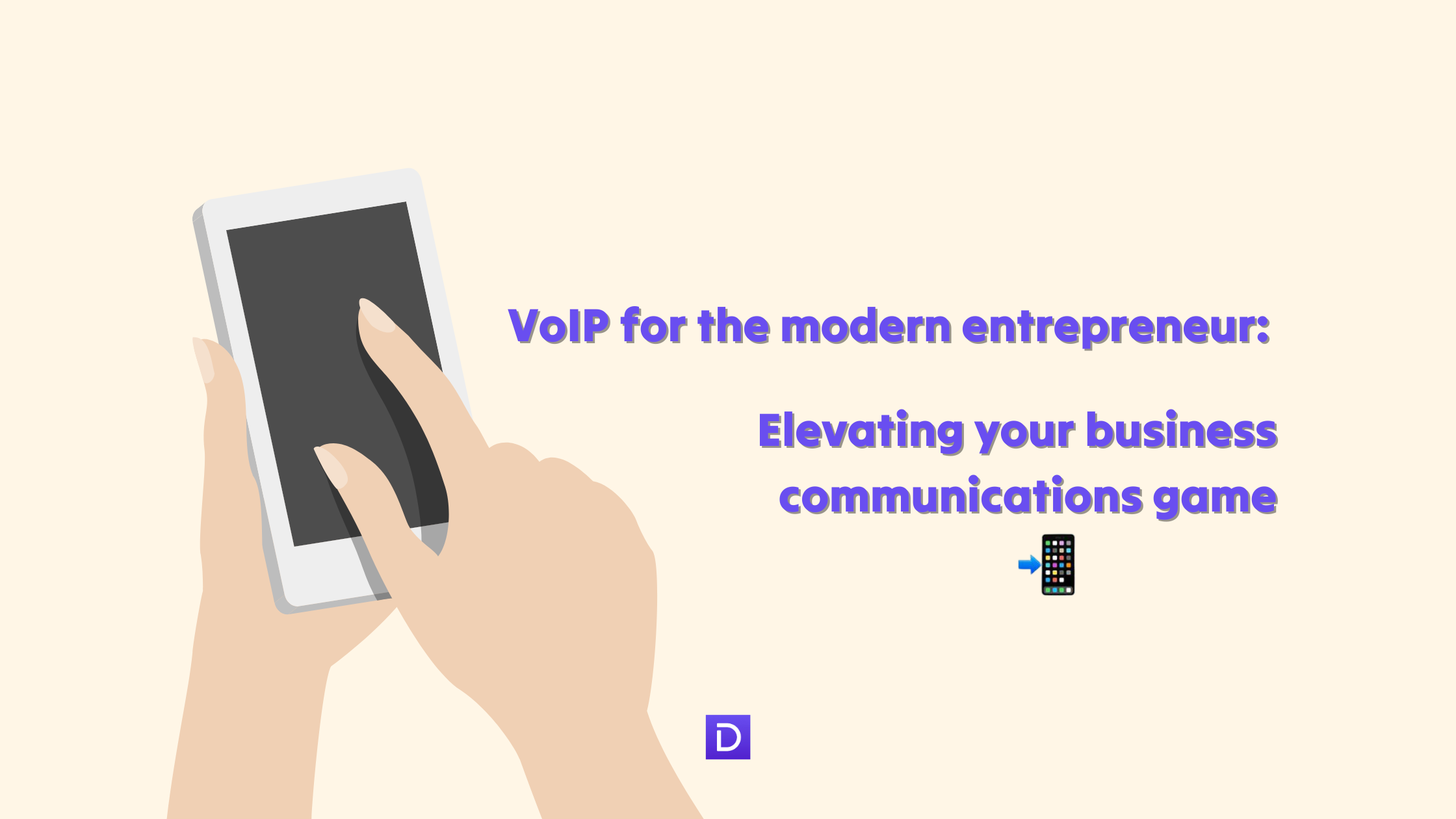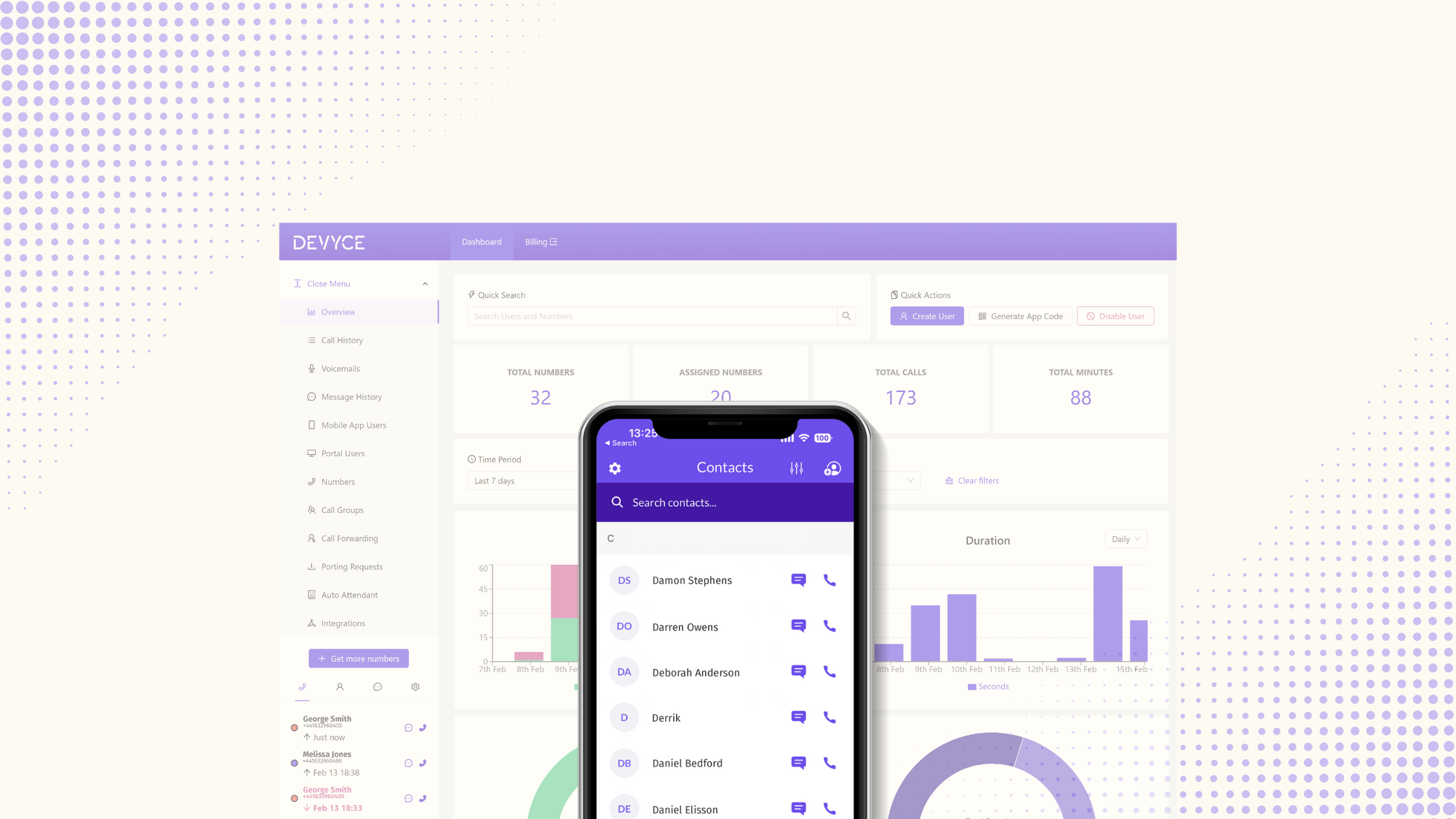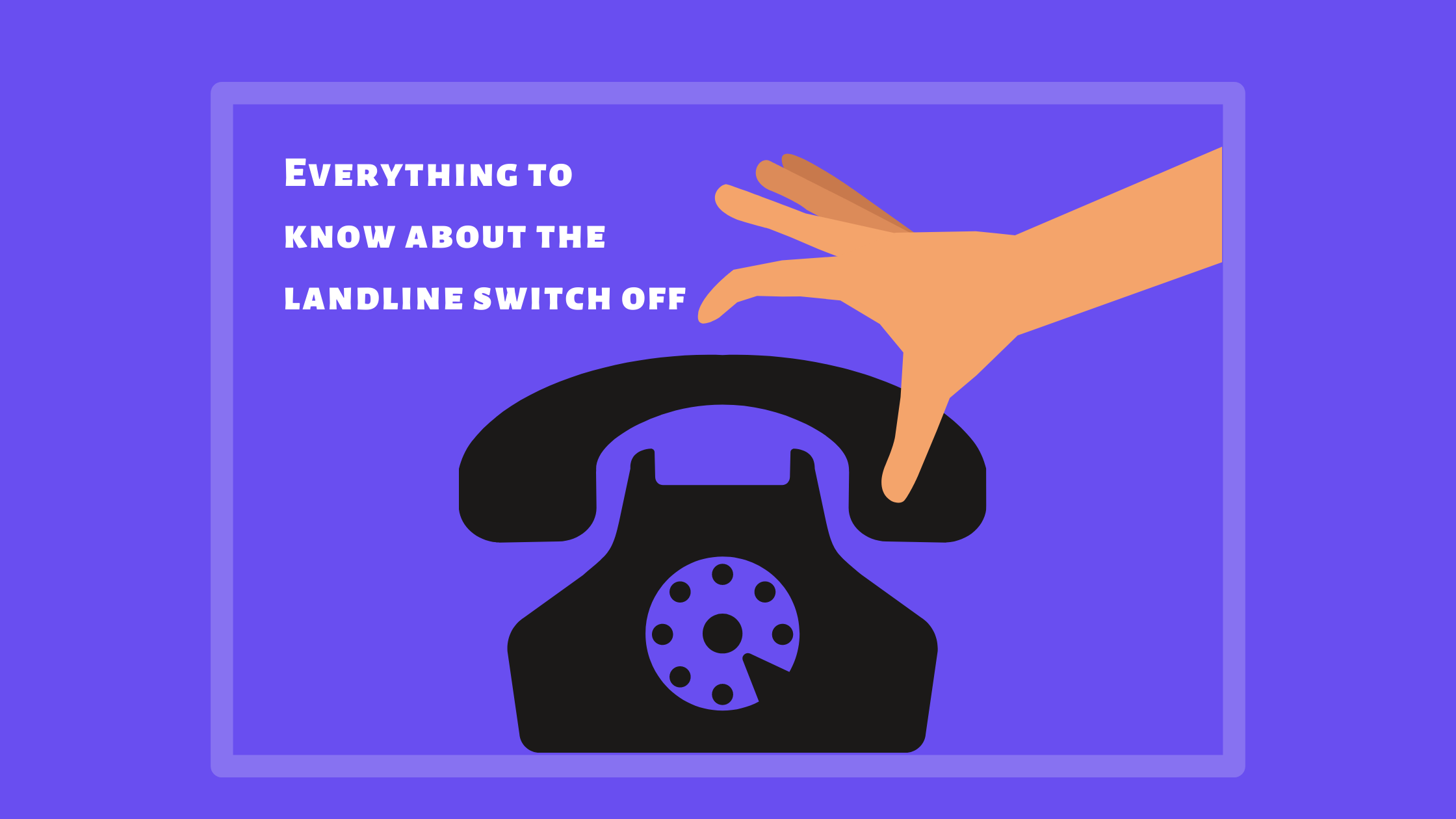VoIP for the Modern Entrepreneur
| By Kim Hoang | 0 Comments

VoIP – game-changing technology transforming how modern entrepreneurs communicate in the business world. In today’s business landscape, effective communication is critical to success. Gone are the days of relying solely on traditional phone lines and outdated communication methods. With VoIP, entrepreneurs can now harness the power of the internet to elevate their business communication game to new heights. In this blog post, we will explore VoIP for the modern entrepreneur and how it elevates your business communication game.
The importance of a good business communications platform
A robust and efficient communication system is of paramount importance for entrepreneurs. Effective communication is the backbone of establishing successful connections with clients, partners, and team members. What makes a communications system effective? One that facilitates seamless communication across various channels, ensures that entrepreneurs stay connected and responsive wherever they are, and provides adaptability to meet changing business needs.
Moreover, a reliable communication system can improve internal communication within a business, enhancing teamwork, productivity, and innovation. It enables entrepreneurs to effectively delegate tasks, share information, and coordinate efforts among team members, leading to more efficient and effective business operations. In essence, a good communication system is a fundamental tool that empowers entrepreneurs to build relationships, drive growth, and achieve success in the dynamic world of business.
What are the key benefits of VoIP for the modern entrepreneur?
Cost Savings
One of the most important aspects of growing a small business is smart and effective budgeting. In an article by FasterCapital, mismanagement of finances is the seventh leading mistake made by startups and SMEs that puts the company in danger of failing to grow effectively [1]. So SMES need to track their spending and ensure they aren’t overspending in any areas.
Traditional phone lines or purchasing second handsets for employees can be expensive due to hardware and maintenance costs. VoIP eliminates these two costs for SMEs as VoIP phone systems only require an internet connection to operate. More often than not, employees will have a phone they can install the phone system on therefore removing the need for hardware. Furthermore, maintenance costs are kept to a minimum as the VoIP provider is responsible for the upkeep of the service.
Additionally, costs of domestic and/or international calls made by employees using traditional phone lines or second handsets vary across providers and can add up. Meaning this isn’t a sustainable option for entrepreneurs aiming to grow their businesses. Contrastingly, VoIP service providers offer more affordable plans, including unlimited domestic and international calls, making it a cost-effective option for entrepreneurs who need to communicate with clients, partners, and team members across different locations. These cost savings can significantly impact the bottom line of a business, allowing entrepreneurs to allocate resources to other critical areas of their operations.
Scalability & Flexibility
Scalability and flexibility are also significant advantages of VoIP for SMEs. Traditional phone systems can be cumbersome and time-consuming to scale up or down, especially for growing businesses.
With VoIP, entrepreneurs can easily add or remove lines as well as advanced calling features as their business needs evolve. This flexibility allows entrepreneurs to adapt their communication system to their changing business requirements without incurring additional costs or disruptions to their customer service. Thus ensuring that SME communication capabilities keep pace with business expansion.
VoIP also enables greater location flexibility. This is because VoIP phone systems operate as long as there is a reliable internet connection. Meaning employees can make and receive calls from anywhere, providing the freedom to work remotely. Furthermore, it gives SMEs a competitive advantage of developing a virtual presence in different locations, enhancing their business communication game.
Enhanced productivity
In contrast to traditional business communication methods, VoIP phone systems come with a wide range of call features that can elevate business communication. These include call forwarding, call routing, call recording, and auto attendant. These enable business owners to manage their communication more efficiently, ensuring that they never miss an important call or message. It also enhances how customers perceive your business as features like an auto attendant elevate the customer experience.
Advanced calling features are important for SMEs to gain a competitive edge over larger corporation competitors. By providing sophisticated communication tools, VoIP empowers SMEs to compete with bigger companies and deliver exceptional customer experiences, which can be a crucial differentiator for customers in the business landscape. With advanced calling features, SMEs can optimise their communication strategies and stay ahead of the competition, positioning themselves as agile and customer-focused businesses in the market.
Moreover, VoIP phone systems often allow SMEs to integrate their communication platform with other business tools, such as email, customer relationship management (CRM) software, and team collaboration platforms, creating a seamless workflow and boosting overall productivity. With an advanced, tailored business phone system, you can create a seamless and professional customer experience thus boosting customer satisfaction.
Devyce for the modern entrepreneur
Devyce is the smarter, more reliable work phone.
Our VoIP phone system is designed with the modern SME in mind. Cost savings? We save your business up to 70% on business communications and we’re able to keep our price low due to our exclusive partnership with a UK mobile network. Meaning we’re able to provide you and your employees’ phone numbers at a much lower price point than other VoIP providers.
We’re confident our service is excellent, which is why we don’t believe in locking our customers into lengthy expensive contracts or hidden charges. Therefore our pricing is kept simple with just 3 distinct subscription plans and we’re fully transparent about what you get with each one. We want you to stay with us however you’re free to leave at any time, at no additional cost.
Explore what Devyce can do for you to help you elevate your SME’s business communications game today with the Teams Plan
References:


